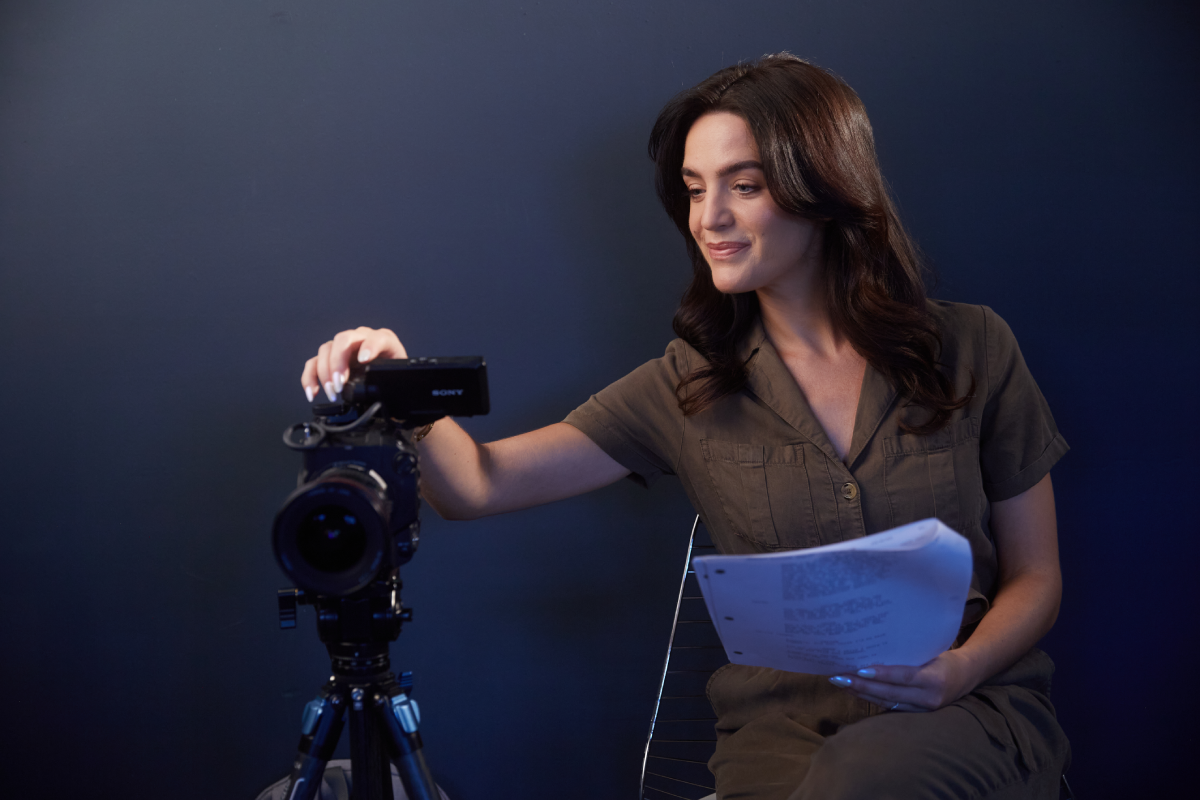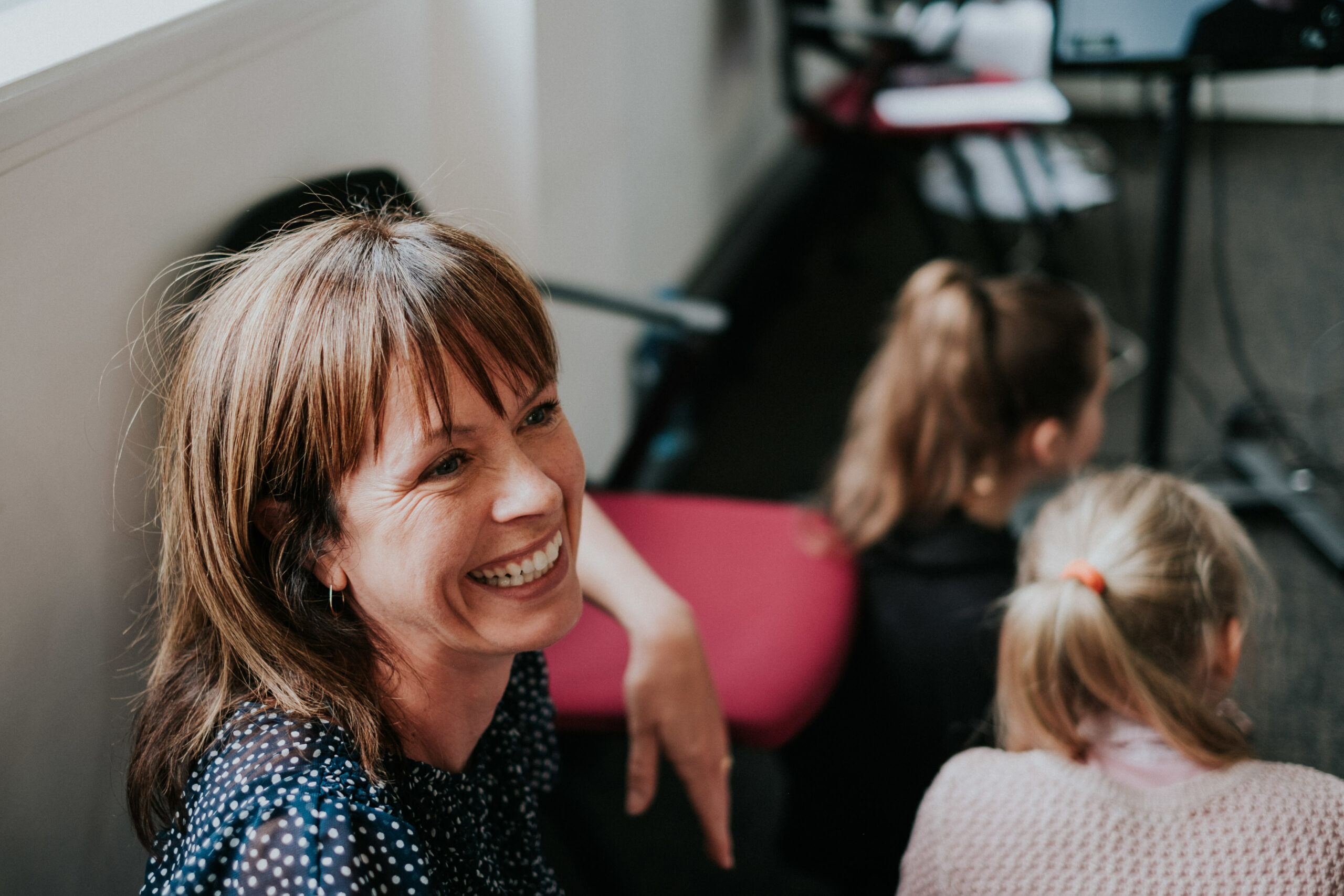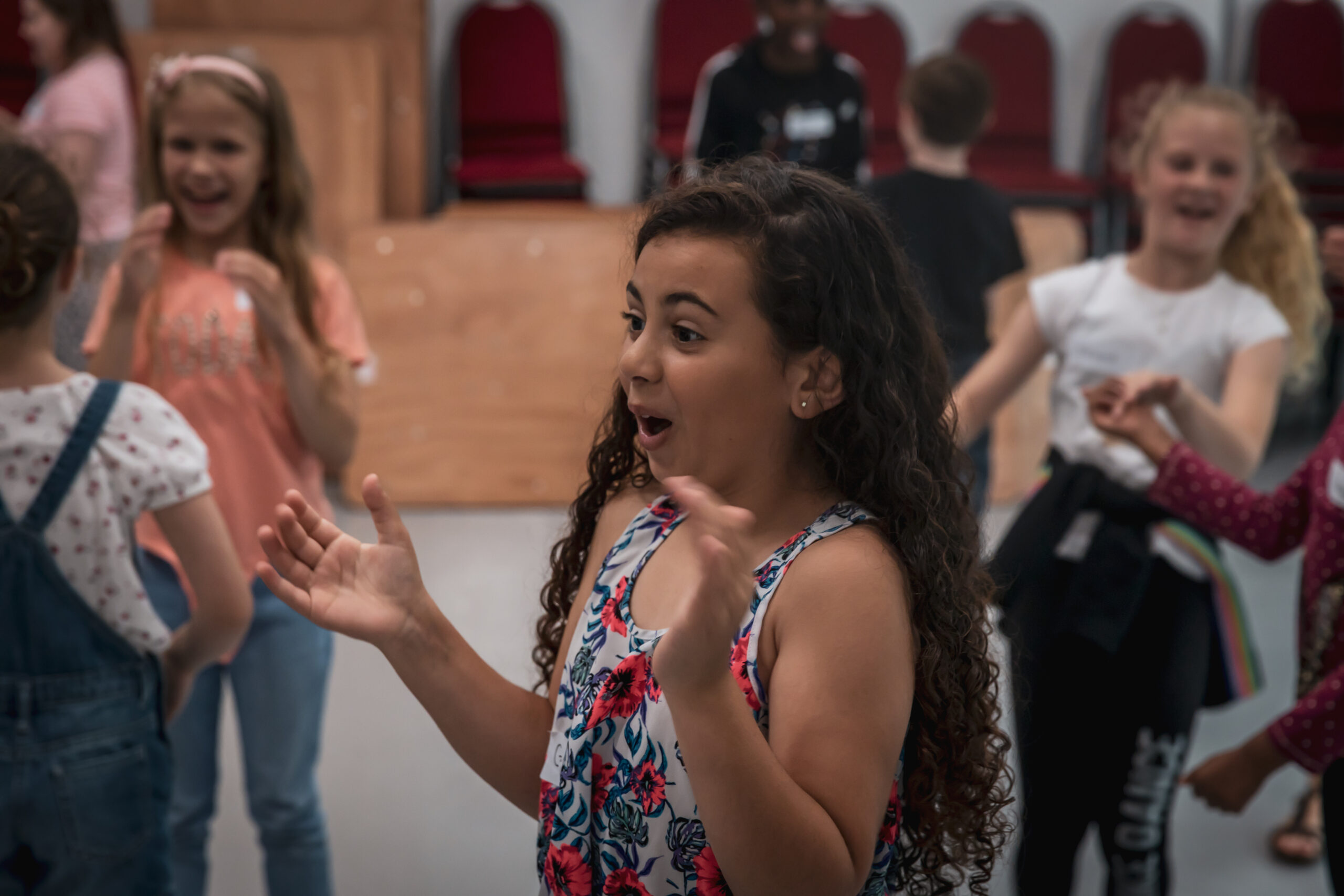Emma Coleman’s top tips for success at your next audition
Spotlight’s recent Young Performer Workshops included a session with Emma Coleman, who has worked in drama education and television for 25 years. Her workshop aimed to provide young actors with practical tips on how to develop an organic, relaxed performance in a pressurised casting environment. Here are her thoughts on how to get the best from your next audition:
Being let down is never easy, but your well-being is a priority, and it’s important you look after yourself. Breathe. Be kind to yourself. Take some time out to do what you love.
This year’s box-office smash, ‘La La Land’, features an audition scene that will strike a chord with any jobbing actor. The camera slowly zooms to linger on aspiring actress, Mia (played by Emma Stone) as she delivers an intense and emotional casting speech. Just as the tears begin to well, her audition is swiftly interrupted by an assistant, who strides in – mid emotional speech – with a post-it message. Next comes the casting director’s dreaded phrase, ‘You know what… I think we’re good. Thanks for coming in.’ The camera remains on Mia’s face, humiliated and rejected.
An extreme scenario perhaps, but a painfully accurate reminder of how testing an audition can be, especially for young actors, or those just starting out on their acting careers. So, how best to prepare for the knocks and the blows of the casting process? How to protect your well-being as well as maximise your chances of getting the job? How can you, as parents, support your children to enjoy auditions and cope with the inevitable sense of rejection? It’s not an exact science, but here are five key tips that will help you get the best out of your castings:
1. Make an impression
It’s nerve-wracking and the temptation is to act like someone you’re not. Parents, you can encourage youngsters to feel confident and relaxed. This might involve a pep-talk or short relaxation/focus exercise, in the minutes before you go into the audition. The more genuine the persona, the better. The moment you step into your casting, your audition is already underway. Use eye contact and be confident. If you come across as authentic, friendly and happy to be there, it will work in your favour.
2. Prepare
Read the brief carefully. It may sound obvious, but you should have a strong idea of how to play your character, as you may not be given guidance in the audition. If you’re the parent of a young performer, take the time to discuss the brief with your child. Get them to visualise what the character is like, how they speak, move, etc. But encourage them not to get stuck in a rut with how to play the role. Being spontaneous and flexible is key, so you should be open to suggestions. In addition, you should familiarise yourself with the whole scene/script (not just your lines) as casting directors will often jump to different parts of the script and ask you to read.
3. Learn your lines
Nowadays you’re expected to be off-book (i.e. to have learned your lines) and this is always preferable. For young performers, learning lines is often much easier than reading them off the page. However, there are times when it’s all a bit last minute, and you haven’t had time to learn them. If that happens, don’t worry. It’s ok to have your script with you, but you don’t want it to detract from your performance. Practice being able to hold your script in a position where it can’t be seen but where you can still glance down at it. Know the scene well enough so you don’t get lost or in a muddle when you’re turning the page.
4. Camera tips
This is the crucial bit. One of the biggest criticisms from casting directors is that actors fidget as they’re performing. Your aim should be to stay within the camera frame (i.e. stay in the shot) with calmness and control. Having said that, you don’t want to look like a robot, so don’t forget to show strong, clear motivation and emotion. Parents, you can practice with your child, filming them on your phone or iPad, in the comfort of your own home. Take the time to watch back and discuss, so they get used to seeing what the camera will see. Encourage them to choose a strong eye line (off camera) and stick to it. You can help by reading the other character’s lines (which are often read by the casting director in an audition) so the young performer can react to them.
5. Dealing with rejection
It’s easy to say, but it’s important not to take rejection personally. Sometimes you have to accept that you’re just not right for the part. This isn’t a reflection of your ability, but your suitability. These are two very different things and parents should continually remind young actors about this crucial distinction. Being let down is never easy, but your well-being is a priority, and it’s important you look after yourself. Breathe. Be kind to yourself. Take some time out to do what you love. Remember, there’s always next time.
Keep an eye out for more workshops like these with Emma, in upcoming events for young performers and their parents at Spotlight! If you’re looking for more drama coaching, check out Contacts.



















